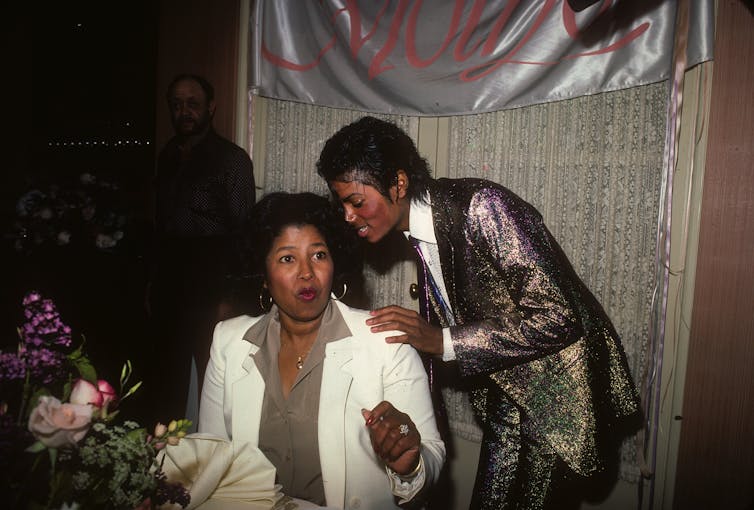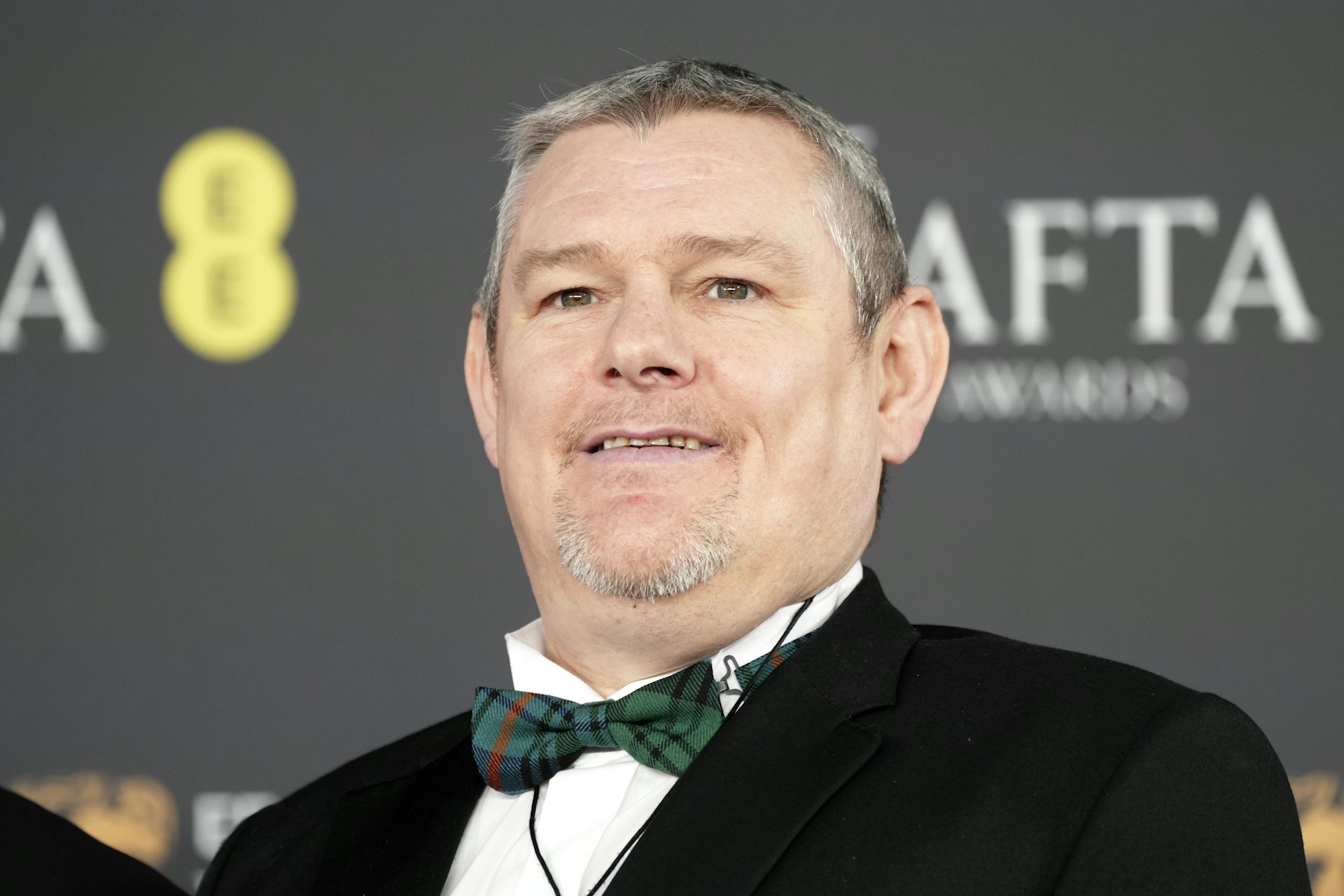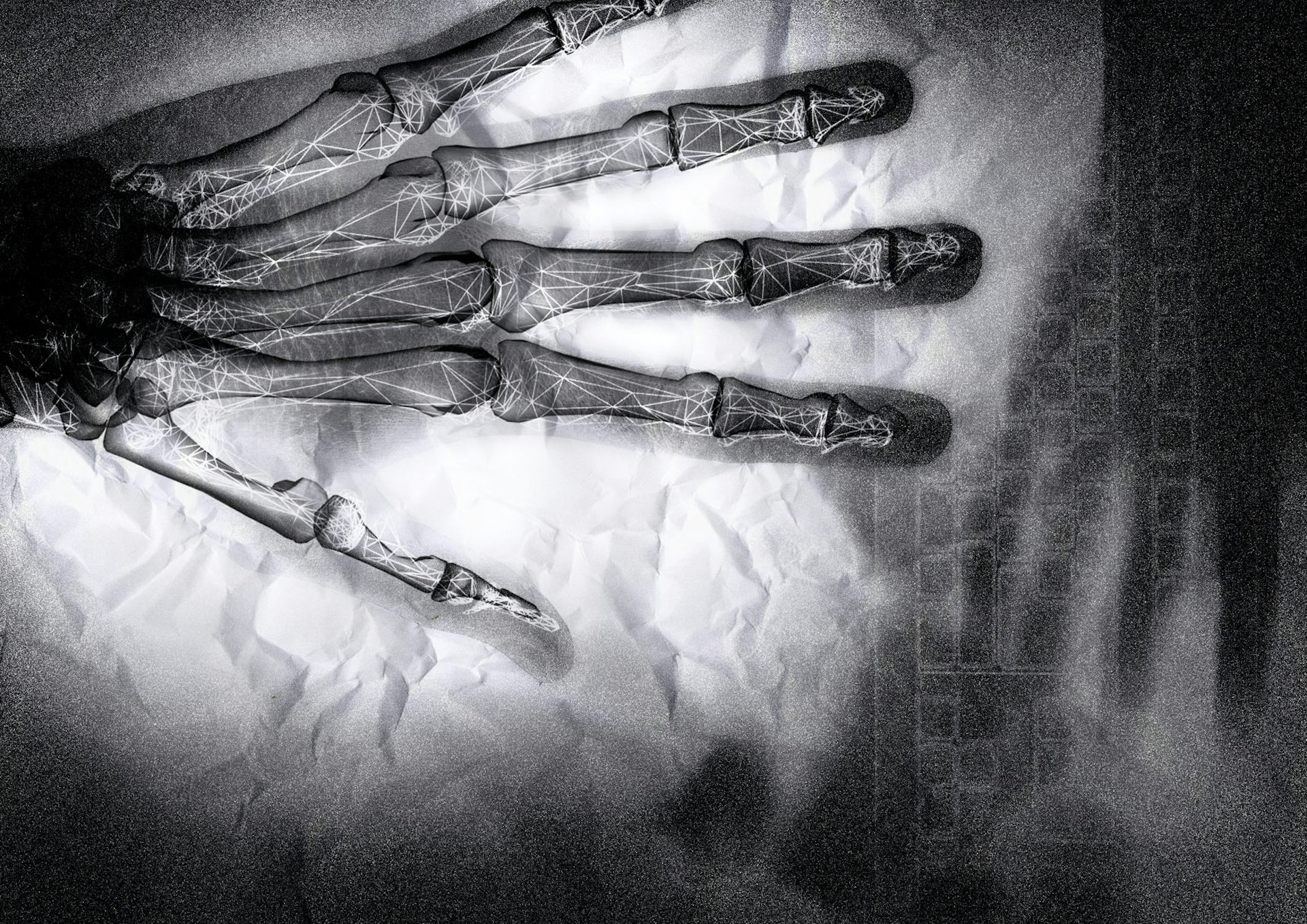Estate planning lessons from the $600M fight over Michael Jackson’s music catalog
Restrictions that seem reasonable during life can backfire after death.
When Michael Jackson died in 2009, he left a complicated legacy. But one thing remains true: The King of Pop’s music still generates millions of dollars every year. A Jackson biopic is expected in 2025, and “MJ,” his Broadway show, has brought his music to theaters worldwide.
But despite the ongoing success of Jackson’s music, his estate has stalled in limbo for more than a decade. That’s because of a long-running tax dispute concerning more than US$700 million alleged to be due to the IRS and other legal challenges.
The latest development in the saga came on Aug. 21, 2024, when a California appellate court approved a US$600 million sale of assets proposed by Jackson’s estate.
As law professors who teach trusts and estates, we think Michael Jackson’s estate offers a lesson for anyone thinking about writing a will – even if they don’t have King-of-Pop-level wealth.
The mother and the multinational
When Jackson signed his will in 2002, he left almost everything to his children through a trust; his mother has a small interest during her lifetime.
His will also included a common provision that empowered his executors – the people managing his estate – to sell the estate’s assets “upon such terms as the Executors shall deem best.” Any proceeds from the sale would then be distributed to his children.
In February 2024, Jackson’s executors negotiated what The New York Times described as a “blockbuster deal” to sell a significant portion of Jackson’s music catalog to a joint venture with Sony for $600 million.
Jackson’s mother, Katherine Jackson, objected, however, in part because, as the court explained, “Michael had told family members prior to his death that the assets should never be sold.

But in mid-August, a California appellate court rejected Katherine Jackson’s claim in a final ruling that approved the proposed sale.
Legal requirements for a valid will
While it’s common for people to casually discuss estate plans with family and friends, those wishes aren’t legally enforceable unless they’ve been put in a valid will, trust, deed or contract.
In most states, including California where Jackson died, a will must typically be in writing, signed by its maker – called the "testator” – and signed by two witnesses who observed the testator sign the will.
Those requirements allow courts to distinguish early drafts and memos from the final version that the testator intends to take effect at death. Those rules also force testators to preserve reliable evidence of their estate plan, which becomes useful in probate proceedings that take place in a court after the testator’s death.
Interpreting a will’s text
When the meaning of a will is unclear, courts let witnesses testify about how the text should be interpreted. Katherine Jackson offered that type of testimony, arguing that when Michael gave his “entire estate” to his trust, he intended for the trust to receive estate assets in largely the same form as they existed when Michael died.
According to Katherine, Michael wanted to give the trust his music catalog, not proceeds from selling his music catalog, or even partial management rights over that catalog.
But the court disagreed with Katherine’s interpretation because Michael’s will also gave his executors broad powers while the estate was being probated. The court explained that the trust would receive distributions from the estate, but the executors had “full power to sell estate property” while managing the estate.
The executor’s power to sell estate property
During estate planning, people often overlook the importance of executor powers because they’re among the most technical terms of a will. But the fight over Jackson’s estate shows that executor powers can play a major role in the estate administration.
Estate planning attorneys typically advise clients to give executors broad powers to buy and sell estate property during probate so they don’t have to waste time and money seeking court approval for routine transactions.
Broad executor powers, as Jackson provided in his will, therefore reduce transaction costs in the long run. That increases the net value of the estate ultimately distributed to beneficiaries. Fiduciary law protects the estate by making executors personally liable for any abuse of power.
Estate planning for special assets
When advising clients with unique assets like Michael Jackson’s music catalog, estate planning attorneys usually discourage testators from restricting the sale of treasured property. That’s because it can be difficult to predict how circumstances might change in the future.
In a famous example of that misstep, 20th-century media titan Joseph Pulitzer – the founder of the Pulitzer Prize – left behind a will that barred his executors from selling shares of his prized newspaper business.
Twenty years after Pulitzer’s death in 1911, that newspaper business became unprofitable. So Pulitzer’s trustees sought permission from a New York court to revise the will, arguing that Pulitzer failed to anticipate the changed fortune of his newspaper. The court agreed, finding that “continuance of the publication of the newspapers … will in all probability lead to a serious impairment or the destruction of a large part of the trust estate.”
The Pulitzer case shows how restricting the powers of executors and trustees can backfire, a problem that Jackson’s lawyers clearly hoped to avoid.
Estate planning lessons
An estate plan is enforceable only if formalized in a document such as a will. Once formalized in writing, courts are reluctant to change an estate plan based on posthumous testimony about the testator’s oral statements – even when those wishes are expressed to a parent.
Testators should therefore pay close attention to every provision of a will, including technical terms that may require explanation by the drafting attorney. Testators should also be careful: It may be tempting to control property from the grave, but restrictions that seem desirable during life can backfire after death.
The authors do not work for, consult, own shares in or receive funding from any company or organization that would benefit from this article, and have disclosed no relevant affiliations beyond their academic appointment.
Read These Next
Taboo tics like shouting curses and slurs are uncommon in Tourette syndrome − but people who have th
Obscene language tics, called coprolalia, don’t reveal what people with Tourette’s think and feel.…
Artists and writers are often hesitant to disclose they’ve collaborated with AI – and those fears ma
Whether they’re famous composers or first-year art students, creators experience reputational costs…
When civil rights protesters are killed, some deaths – generally those of white people – resonate mo
From the civil rights era of the 1960s until today, white victims of government violence have received…






